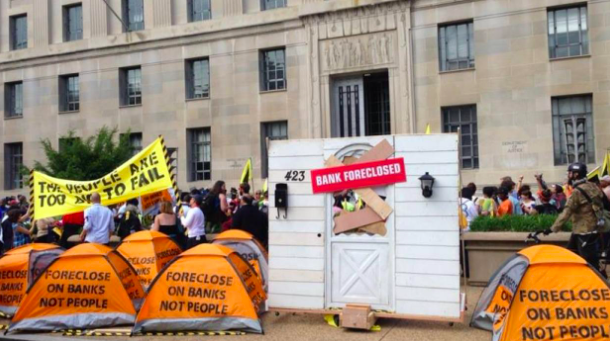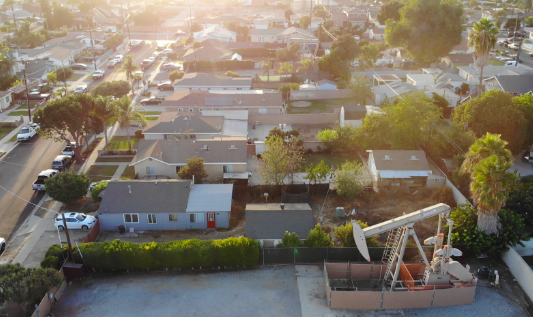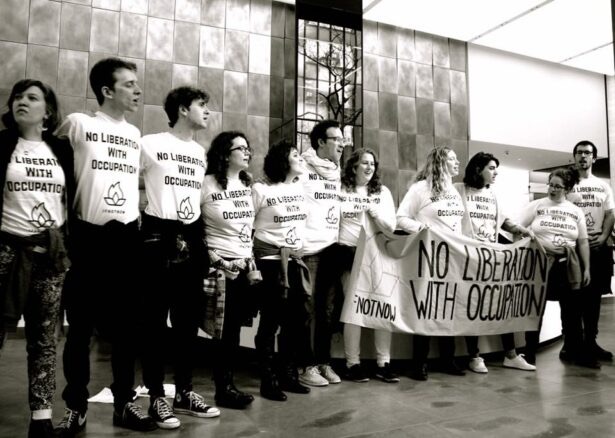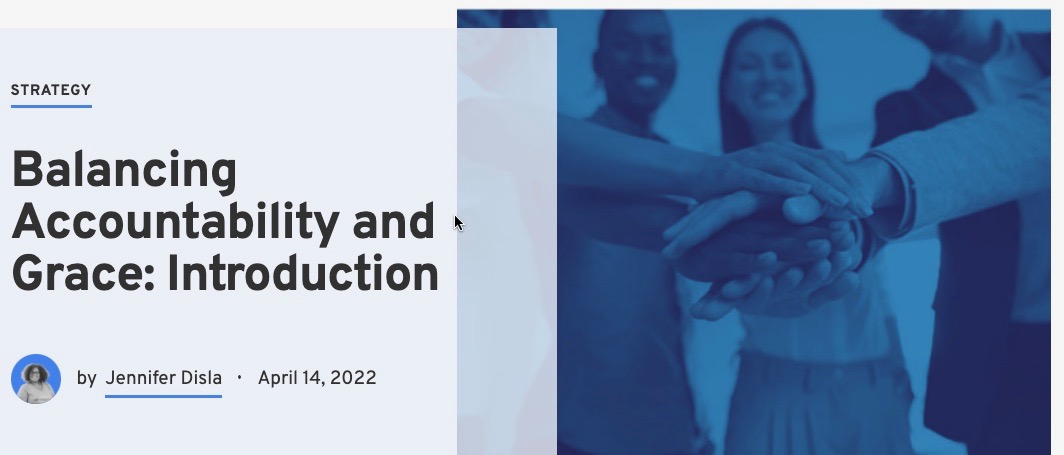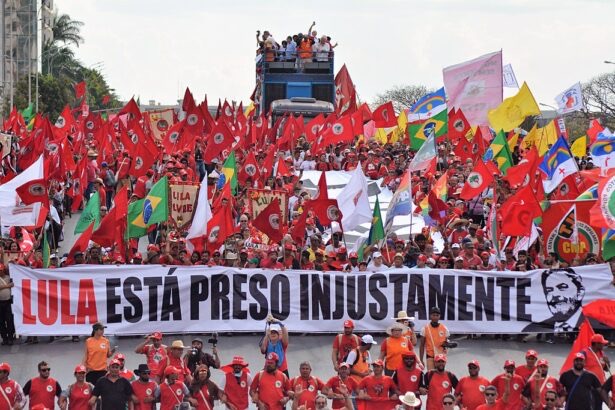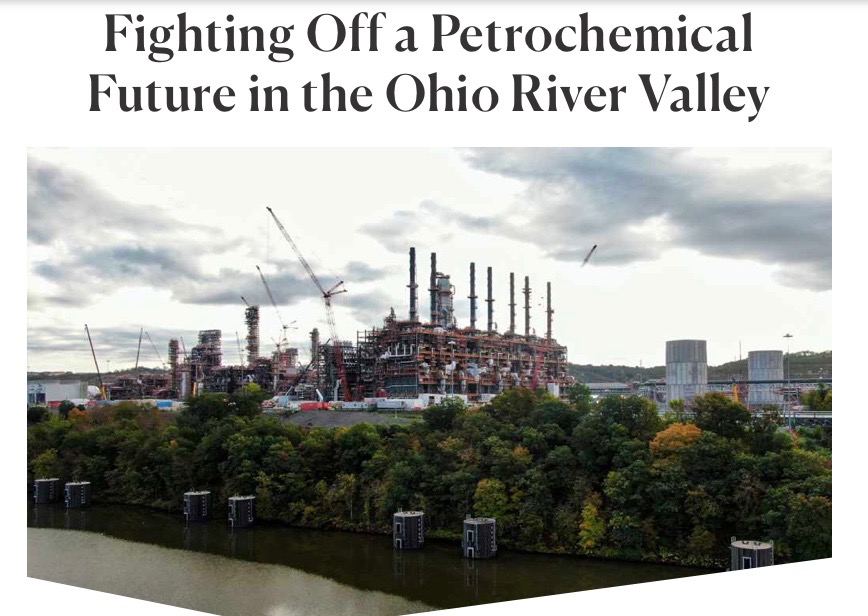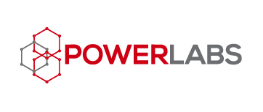Resources
Search below for resources covering the intersection of climate engagement, social science and data analytics.
RESULTS
Tipsheet: 7 Tips to Build Your Base Via Blended Organizing
Online-offline organizing, which the Lab also calls “blended organizing," is organizing that engages participants using in-person and digital touches in concert with one another and mobilizes them to act both online and in-person. This tipsheet provides a detailed account of how advocates can successfully engage and develop their supporters using the organizing pathway model.
The Case for Rupture
Ruptural moments are key to long-term movement victories. Ruptural moments by themselves rarely lead to substantive changes in people’s material conditions or the dismantling of the status quo; they need to be situated within a dynamic movement ecosystem. In a ruptural moment, thousands or hundreds of thousands of people hit the streets. Second, participants are willing to engage in a huge escalation of risk. Third, ruptural moments open a window into a change in thinking — opening the eyes of a society to the fact that a dictatorship is fragile or that Indigenous sovereignty must be respected or that Black folks have a different lived experience than white folks. In other words, in changing how space or public order works, ruptural moments contest the story of the dominant culture. Movement organizers can create ruptural moments by working for months in a disciplined way to achieve the scale necessary for something major to happen, or by a smaller group of organizers attempting something bold, enabling it to scale as others are captivated by the boldness of the tactic or demand and launch copycat actions or undergird the movement. And sometimes, unexpected events just happen that create ruptures.
Historic Environmental Justice Victory: City of Los Angeles is creating a pathway to phase out existing oil and gas wells
Residents, community organizations, and health care practitioners organized for over a decade to protect the health of residents on the front lines of urban oil extraction in L.A. In January 2022, the Los Angeles City Council voted unanimously to draft an ordinance to prohibit all new oil and gas drilling and to phase out existing drilling operations throughout the City of Los Angeles. This resource is based on an interview with Wendy Miranda (she/they), a community leader with Communities for a Better Environment (CBE) and resident, about the historic victory. The organizing strategy to get this victory involved various lobbying efforts, rallies, press conferences, petition collections, a wide range of community/organization endorsements, phone banking, and social media outreach. Overall, frontline residents providing public comments and sharing their personal experiences were some of the strongest and most powerful tactics. STAND L.A. will continue to be part of the process to help draft an ordinance and direct the City of Los Angeles on how to lead a genuine community participation process. Miranda shares that this victory is proof that frontline communities can lead the change toward a just, equitable transition to a clean energy future.
Practice, Practice, Practice
To build stronger movements, we need to build up our ambition, be strategic in our discipline, and lead with the process. Movement groups need to center “antimonopoly” thinking and action. These authors work for the organization Liberation in a Generations, which is committed to bringing grassroots organizers of color to the forefront of the antimonopoly movement, especially in policymaking, advocacy, and narrative change. Ambition is a practice, just as — to borrow from Mariame Kaba — “hope is a discipline.” Sometimes we need to hold tight, to execute the strategies and best practices that we know are most likely to lead to winning campaigns; but other times, we need to let go and reach for something else, something that speaks to our ideals — and which might work or might land us on our asses. Process should always put the people with the least positional power first.
Growing the Grassroots: How we can strengthen our movements through the power of place
Investing in local organizing is the most important way to build movement power—and it must be linked to influencing national politics. Alongside investment in organizing we need to see support for storytelling and strategic communications work, insight and evaluation and the generation of irresistible ideas that can shift whole systems and paradigms as well as change policy and practice in the medium term. Organizing has the following crucial benefits: provides people with a safe framework to meet other people across the community and to work together with them; gives people an opportunity to engage in political life in a way that other organizations don’t; develops skills and gives local people a chance to learn; and enables people to take part in a range of campaigns on regularization for irregular migrants, properly affordable housing, better community safety and access to living-wage jobs, among others. Movements that win: have the necessary infrastructure to support activity to happen at key moments, allowing them to prepare for and harness external events; are a well-developed ecosystem; and are cultivated over a long period of time and ready to be activated when opportunities arise. This report is focused on the UK but carries parallel lessons for the US.
How to build a culture of support so leaders and movements can thrive
Use personal support teams to limit burnout in your organization. This article champions the creation of personal support teams, citing benefits for providers as well as receivers of support. Clarity, consistency and connections are key to the effectiveness of these teams
Balancing Accountability and Grace: Introduction
Address conflicts head on within your organization or movement. A veteran organizer introduces a series on how organizations can deal with internal tensions and crises while continuing to build a movement. Tips include: telling the hard truth, adhering to principles of accountability and giving grace to others and oneself.
How Movements Can Maintain Their Radical Vision While Winning Practical Reforms
Balance the inside game and the outside game. This article features an interview with Penn State professor Rebecca Tarlau who has studied how Brazil's landless workers movement has been able to engage the system without being co-opted. She describes how the strategy of contentious co-governance keeps people involved in the movement, even when they are a part of a state institution.
Fighting Off a Petrochemical Future in the Ohio River Valley
Help people envision more just and sustainable systems. This article looks at efforts in southwest Pennsylvania to oppose plans for gas and plastics expansion in the region. Activists share their strategies, including raising public awareness about the dangers of fracking and plastic, tracking emissions themselves, and advocating for investments in more sustainable industries.
Campaign Lessons from the Fight for the Green New Deal
The Sunrise Movement paired the big, inspiring demand of the Green New Deal with specific instrumental campaigns to move forward over a long campaign arc. Sunrise took action in opportune moments to bring attention and grow support for the GND cause. This exclusive PowerLabs webinar with Dyanna Jaye, a co-founder of Sunrise Movement, covers Sunrise’s campaign for a Green New Deal from its launch in 2018 through the 2020 General Elections, with special focus on the planning and analysis that informed action. Campaigns are a sequence of activities that build towards a shared goal. Good campaigns feel empowering, have a clear strategy, and welcome the agency and creativity of people to participate. Good campaigns transform what is possible in our societies. Before the 2018 midterm elections, climate change ranked low in priorities for the Democratic Party, and any plans the party may have had were wildly insufficient to measure up to the scale of the crisis we face. Sunrise Movement and newly elected Rep. Alexandria Ocasio-Cortez launched the Green New Deal in late 2018. The movement maintained a popular campaign behind the demand through the 2020 General Election that mobilized an army of young people, transformed the conversation on climate policy, and made the crisis a top and unavoidable political issue.
Pagination
- Previous page
- Page 3
- Next page
